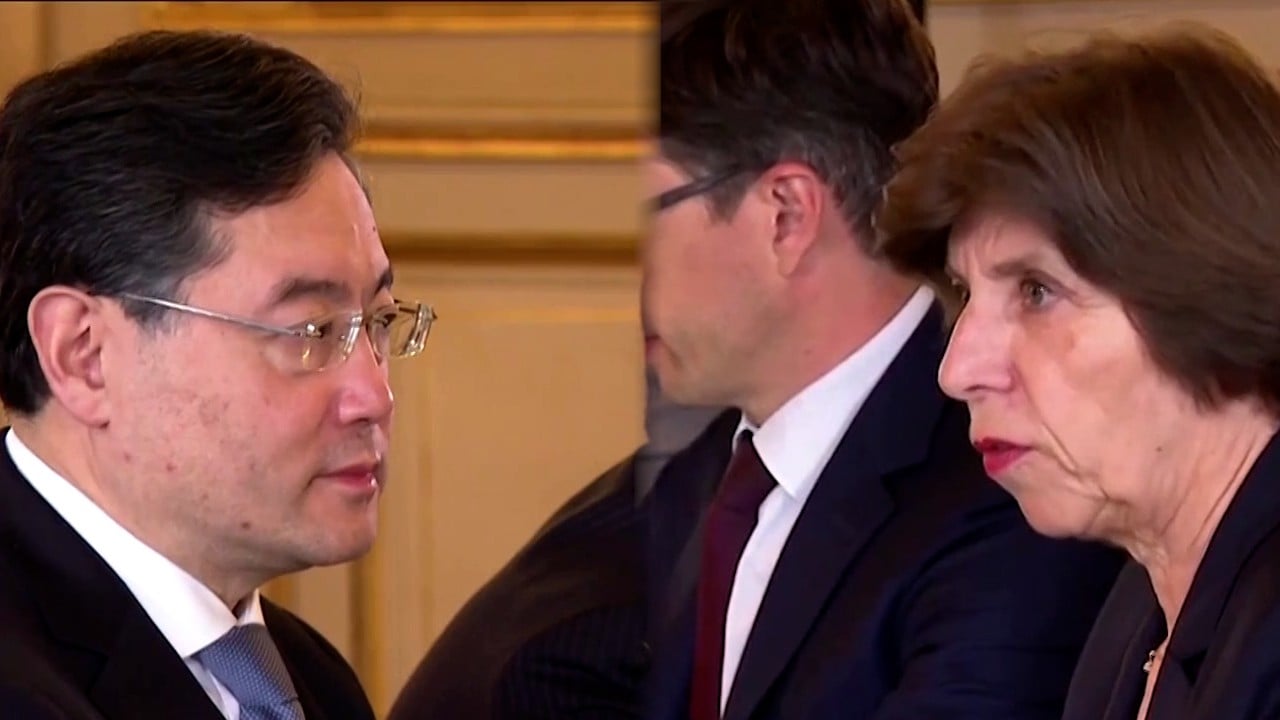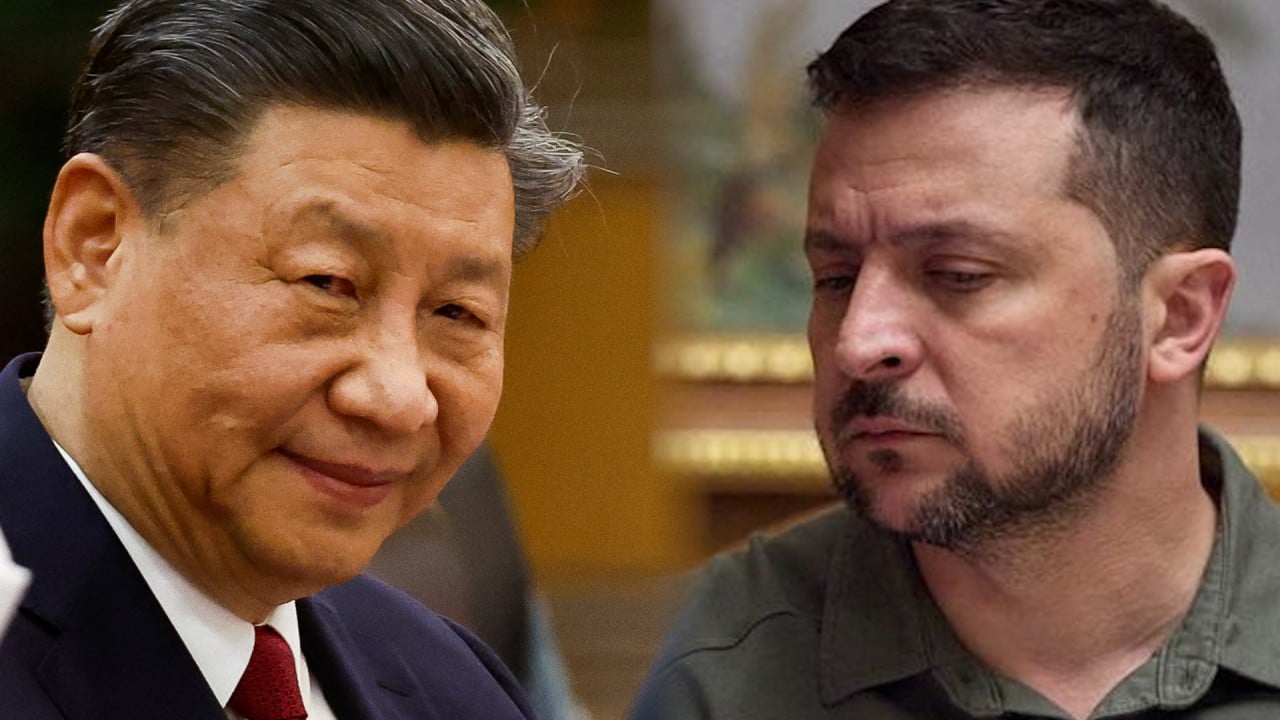“China is willing to continue to play a constructive role in building more international consensus on a ceasefire, initiation of peace talks, and prevention of escalation of the situation … to promote a political settlement of the Ukraine crisis.”
The special representative’s visit was first announced by Chinese President Xi Jinping in his call with his Ukrainian counterpart Volodymyr Zelensky last month, their first conversation since the war began.
Li has a wealth of experience in the region. He was the Chinese ambassador to Russia between 2009 and 2019 and is a familiar face to Russian President Vladimir Putin. He has also previously served as head of Eastern European and Central Asian affairs in the foreign ministry.
His visit comes as Kyiv says it has regained significant ground in the city of Bakhmut in eastern Donetsk, a rare Ukrainian advance after months of heavy fighting in the area.
Russia earlier denied Ukraine had made any breakthroughs in Bakhmut.
It also comes as Ukraine prepares to mount a major spring counteroffensive, although Zelensky said on Friday that his country needed more time and equipment to launch the attacks.
Wang Yiwei, a Renmin University professor who specialises in European studies, said China hoped to use Li’s visit to hear the positions of the various countries and strive for a consensus among them.
“[France, Germany and Poland] are [among] the main suppliers of weapons and financial assistance [to Ukraine], and whether Ukraine can win its spring offensive depends largely on the support of these countries,” he said.
As it steps up efforts to show itself as a global peacemaker, Beijing is under tremendous pressure from Washington and its allies to do more to mediate in the war, including communicating with Zelensky. At the same time, China has criticised the West for prolonging the war by arming Ukraine.
While Xi’s call with Zelensky was largely welcomed by the West, China has not condemned Russia for its aggression.
Another mainland-based analyst said Li was Xi’s representative but it remained to be seen how much he could do.
“[We] should keep an eye on whether he has anything new to show. And for example, whether Zelensky will meet him after he arrives in Ukraine,” the analyst said.
China presented a 12-point position paper in February, the first anniversary of the war, but the document was criticised as siding with Russia and stopped short of offering specific suggestions to end the conflict.
The paper was largely rejected by the West but Moscow and Kyiv have said they remain open to it.
But first, the West and Ukraine must be ready to talk, according to Putin, and Ukraine’s borders with Russia must be restored, according to Zelensky.
Putin endorsed China’s calls for peace talks in person when Xi visited Russia in March.
Ukraine was also discussed last month when Xi met French President Emmanuel Macron in China, with the two agreeing to work together to push for an end to conflict.
There are also signs of general improvement in China’s relationship with the West.
In the highest in-person meeting between US and Chinese officials since the “spy balloon” saga in February, top diplomat Wang Yi and US national security adviser Jake Sullivan met in Vienna this week for two days of “candid” talks.
Chinese Foreign Minister Qin Gang is also visiting Europe to try to stabilise relations that have been greatly undermined by China’s position on the Ukraine war.
Meeting his German counterpart Annalena Baerbock on Tuesday, Qin reaffirmed Beijing’s commitment to communicate with all relevant parties in the conflict.
Additional reporting by Hayley Wong



